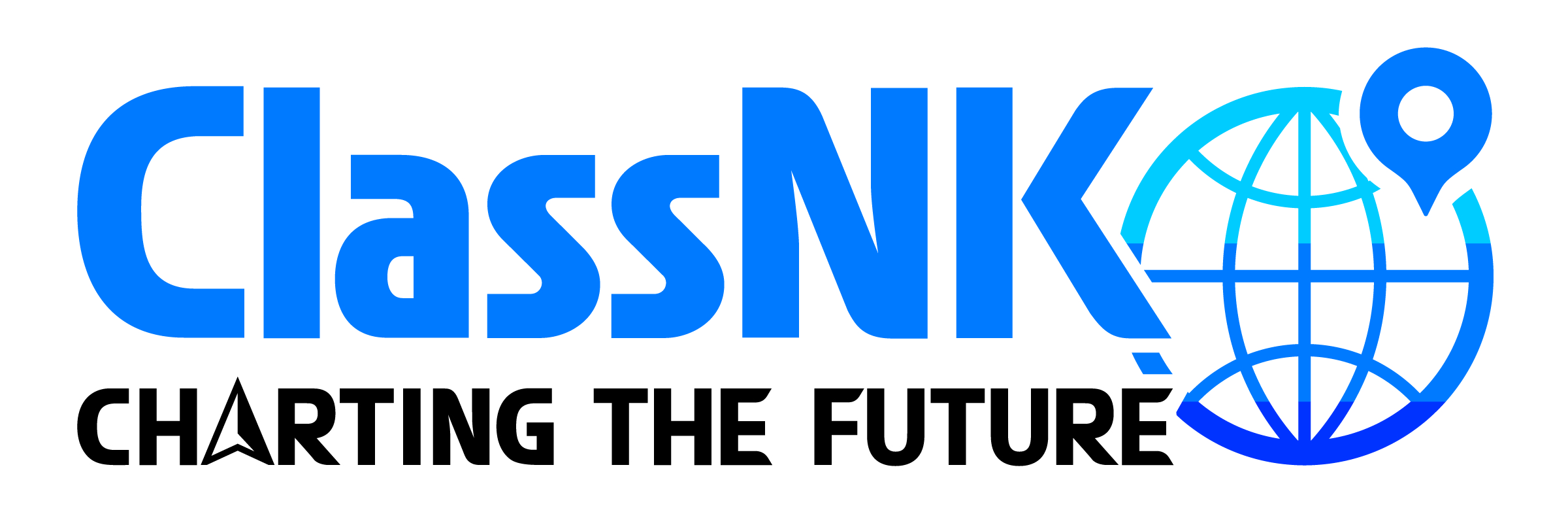
ClassNK conducts third-party verification on GHG emissions and environmental data of Tsuneishi Holdings and its 28 group companies
TOKYO : ClassNK has verified the measurement reports of GHG emissions and environmental data of Tsuneishi Holdings Corporation and 28 group companies and issued verification statements.
To address social issues including climate change, accurate measurement of environmental information such as GHG emissions and resource use resulting from a company’s business activities is a significant step in assessing and reducing environmental burden. In addition, disclosure of environmental information is utilized when stakeholders evaluate a company’s initiatives on environmental risk and sustainability. ClassNK provides third-party verification engagement to contribute to the improvement of the validity, transparency, and reliability of such reports.
Receiving an application from Tsuneishi Holdings, ClassNK has verified the reports of GHG emissions as well as environmental data relating to the consumption of water and paper of Tsuneishi Holdings and 28 group companies for the four-year period from 1 January 2019 to 31 December 2022. Based on the applied standards*1 and quantitative methods, the appropriateness of each report was confirmed, and the statements were issued.
Through third-party verification in response to the expanding corporate needs of information disclosure, such as GHG emissions, ClassNK strives to contribute to management initiatives that consider sustainability and social responsibility.
*1 [Standards applied for the GHG emissions report]
1. ISO 14064-1: Specification with guidance at the organization level for quantification and reporting of greenhouse gas emissions and removals
2. ISO 14064-3: Specification with guidance for the verification and validation of greenhouse gas statements
3. GHG Protocol: International GHG accounting standards designed to provide a framework for measuring and reporting GHG emissions, developed through collaboration among multiple stakeholders, including government agencies, entities, NGOs. It is utilized in international initiatives for disclosure and assessment of information about corporate action on climate change such as CDP, RE100, SBT
[Standards applied for the environmental data of water and paper consumption]
1. GRI Standards: International guidelines for companies and organizations to report on their economic, environmental, and social impacts
2. International Standard on Assurance Engagements (ISAE) 3000 (Revised), Assurance Engagements other than Audits or Reviews of Historical Financial Information: International standards on assurance engagements covering non-financial information developed by the International Auditing and Assurance Standards Board (IAASB), a standard-setting body within the International Federation of Accountants (IFAC)

